
Newsletter Subscribe
Enter your email address below and subscribe to our newsletter

Enter your email address below and subscribe to our newsletter
All voices matter
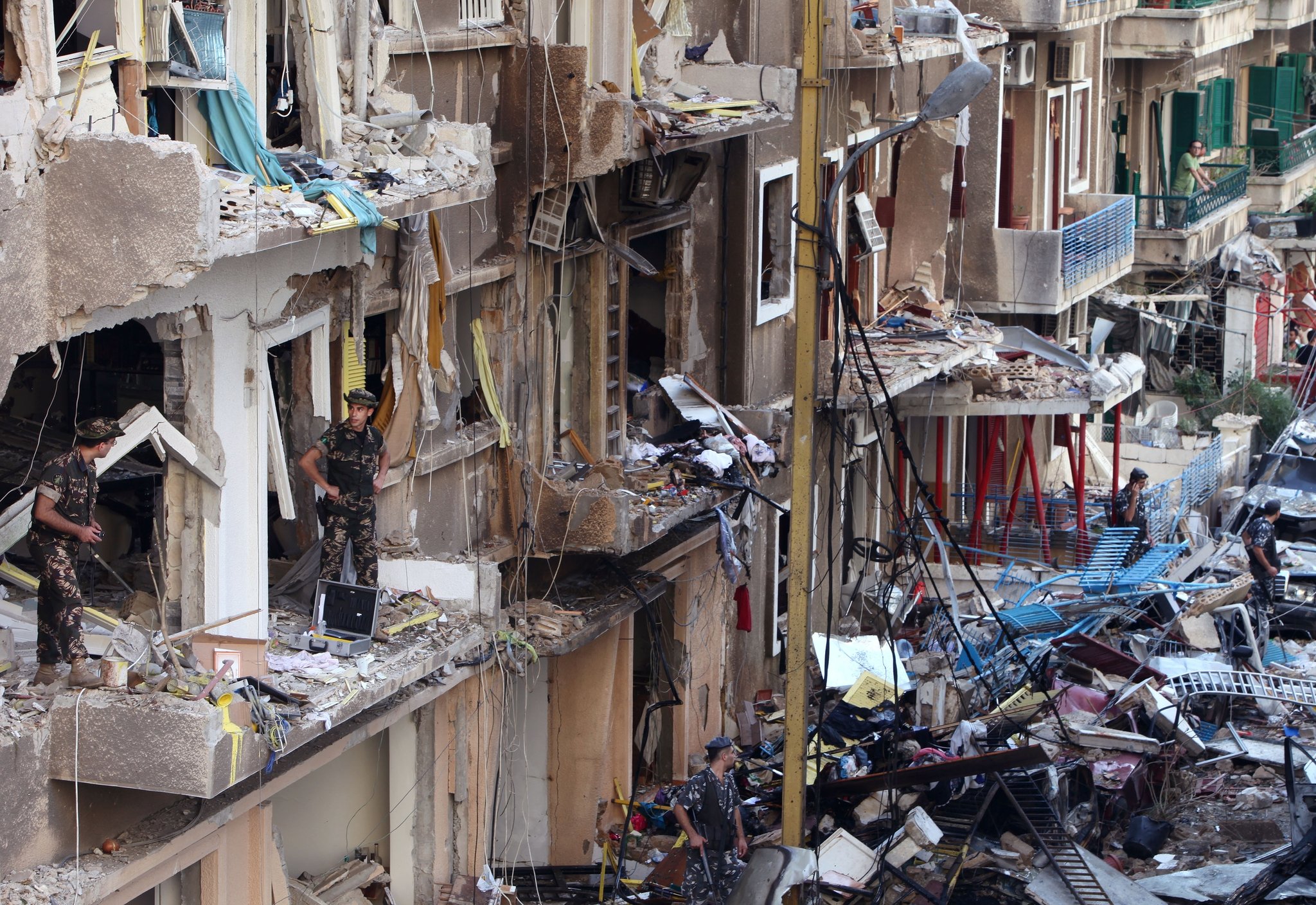

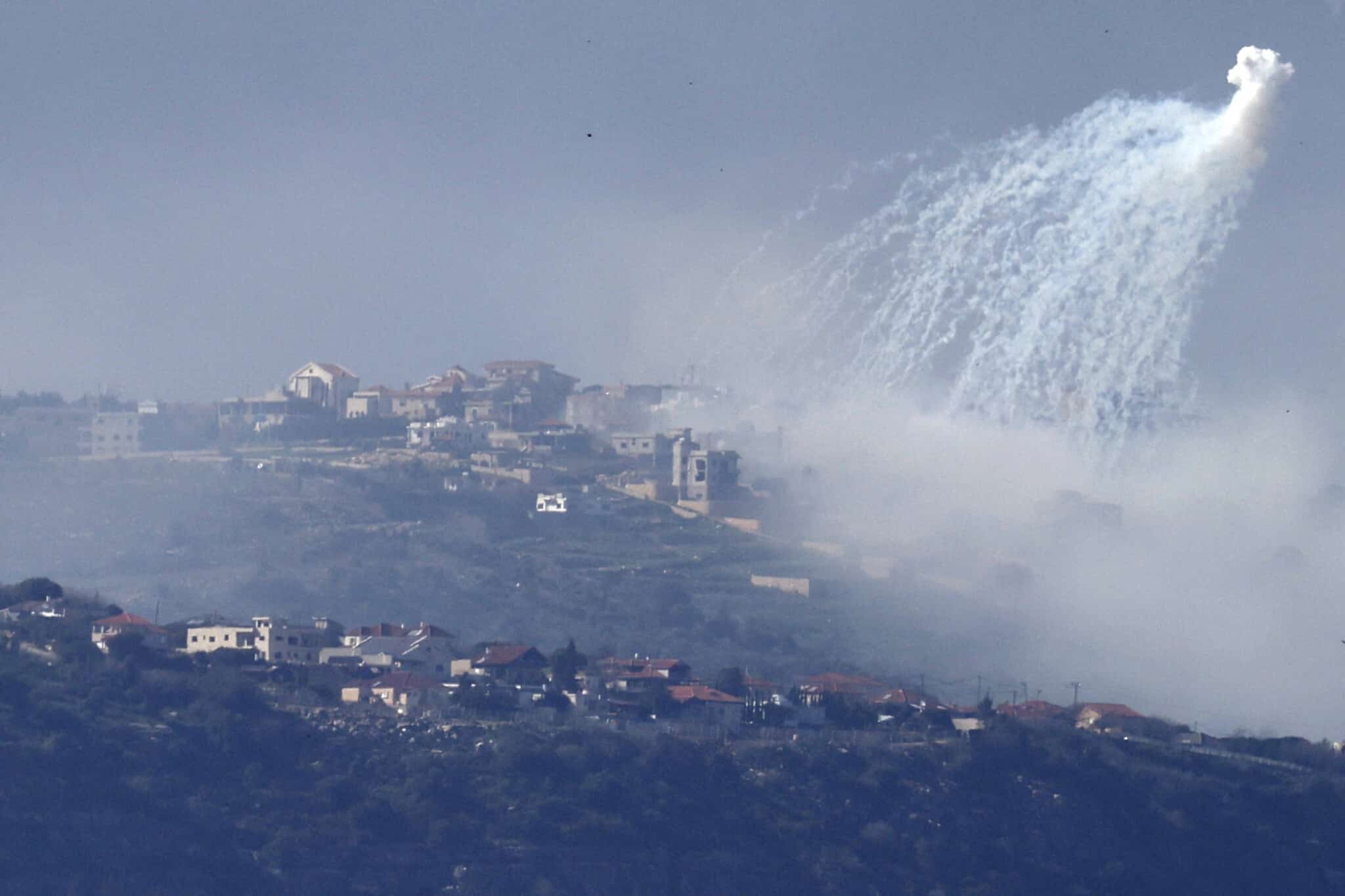
Hezbollah Increasing Attacks On Northern Israel
Israel and Hezbollah accelerated their cross-border attacks overnight into Sunday with their leaders exchanging saber-rattling threats in a rapidly deteriorating situation that has the adversaries as close to full-out war as they have been in their nearly year long conflict.
Dozens of warplanes struck southern Lebanon on Saturday night and into Sunday morning, Israel’s military said, in what it called a pre-emptive attack against rocket-launching positions earmarked for a broader attack on Sunday morning. Residents in the area said it was one of the heaviest bombardments of southern Lebanon that they could recall since the conflict began.
On Sunday, Hezbollah said it targeted Israel’s Rafael Advanced Defense Systems—one of the developers of its Iron Dome air-defense system—as part of the group’s initial response to the explosion of thousands of its communication devices, an attack attributed to Israel that killed more than 30 people, including a number of civilians. The company is located near Haifa, about 15 miles from the Israel-Lebanon border.
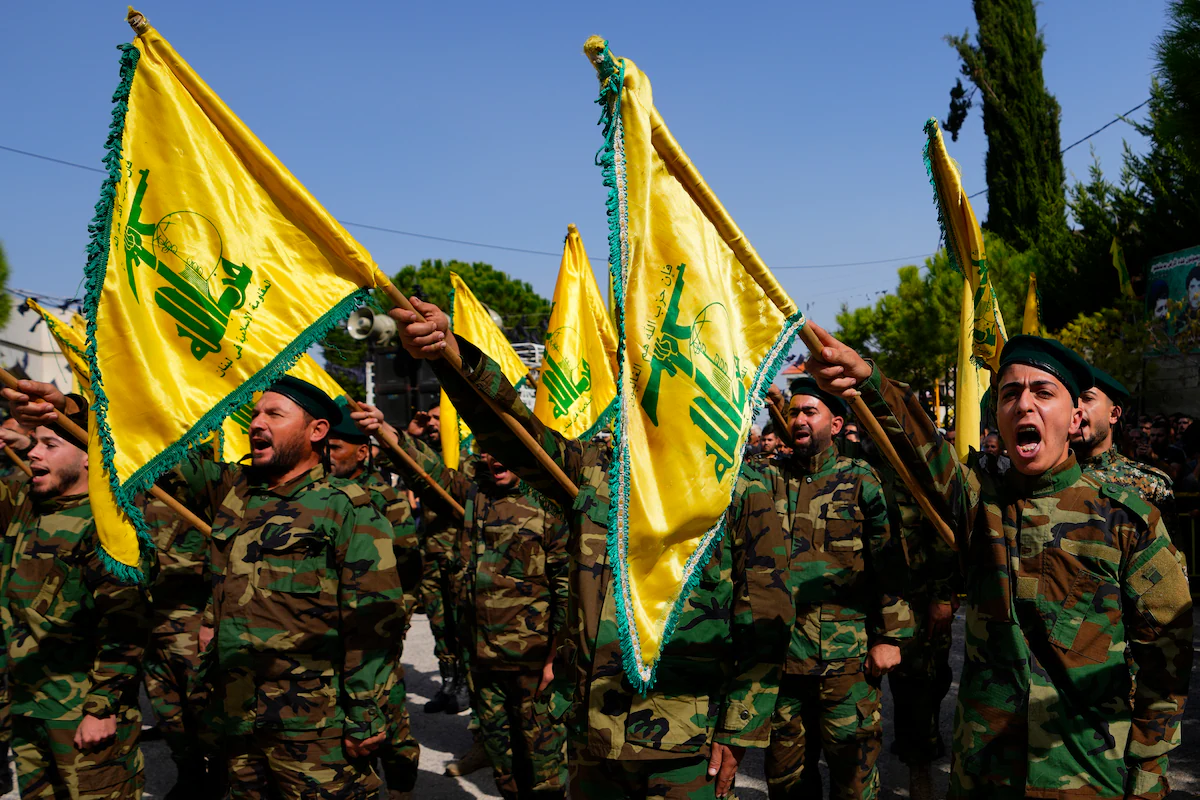
Hezbollah Fighters
The Lebanon-based militant group also said it targeted Israel’s Ramat David Airbase, also near Haifa, with rockets it made in Syria. The Israeli military didn’t confirm the targets of the strikes but said Hezbollah had struck deeper than usual into Israeli territory.
The strikes follow a week of sharply rising tensions between Israel and Hezbollah, heightening concerns that the conflict could escalate to a full-blown war and drag the rest of the region along with them. Through a series of shocking blows inflicted on Hezbollah last week, Israel has aimed to push Hezbollah to stop launching attacks on northern Israel. But so far, Hezbollah has shown no sign of retreat, meaning the increasing tit-for-tat attacks are likely to continue.
“If Hezbollah doesn’t understand the message, I promise them—they will understand the message,” Israeli Prime Minister Benjamin Netanyahu said shortly after the Sunday strikes. “We will take whatever action is necessary to restore security.”
Hezbollah initiated the current conflict with Israel on Oct. 8 as a show of support for Hamas after the Palestinian militant group in Gaza launched the Oct. 7 attacks on southern Israel in which Israel says 1,200 people were killed and 250 taken hostage. Hezbollah has said more than 500 of its own fighters have been killed by Israel. Tens of thousands of civilians on either side of the Israel-Lebanon border have been forced from their homes because of the fighting. More than 150 civilians also have been killed in Lebanon along with more than two dozen Israeli civilians, according to the authorities in both countries.
The U.S. State Department on Sunday urged American citizens to leave Lebanon while commercial travel options remain available. It also said that those who choose to remain should be prepared to shelter in place if the situation deteriorates further.
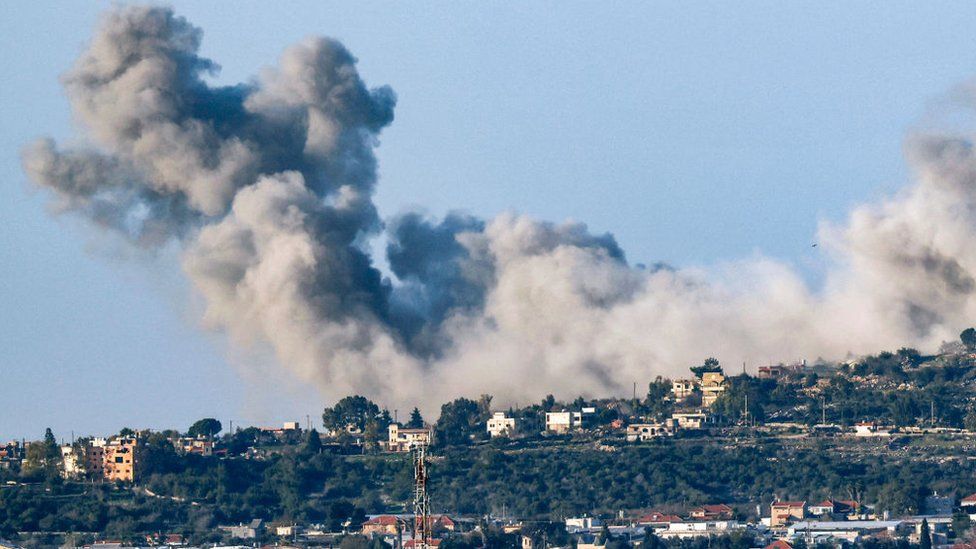
Northern Israel Attacked By Hezbollah Rockets
Some 115 projectiles were fired from Lebanon into Israel on Sunday morning, the Israeli military said. Most were intercepted or fell in open areas, but Hezbollah landed three direct hits on Israeli communities, including two on residential buildings in the city of Kiryat Bialik, according to state-owned Army Radio.
Videos circulating online and confirmed by the military show vehicles and buildings set ablaze, and emergency forces said four people were injured by shrapnel.
The Israeli military launched dozens of additional strikes in southern Lebanon on Sunday after Hezbollah’s attack, killing at least three people, according to Lebanon’s Health Ministry.
Fatima, a resident of the town of Ebba in the Nabatieh region, said that throughout the night she heard strikes roughly every half-hour and a bomb had fallen near her sister’s house. “They’ve left no place untouched,” she said by phone.
On Friday, Israel killed 16 senior Hezbollah members in Beirut, in an attack that Lebanon says also killed more than 30 civilians.
Israel’s message is that either a solution must be reached or it will push on with the fighting, even into a war that is expected to be devastating to both sides.
Israeli Defense Minister Yoav Gallant promised to keep up the pressure until Israel’s northern residents could return home. “This is the goal, this is the mission, and we will use everything necessary to achieve it,” he told air force commanders on Sunday.
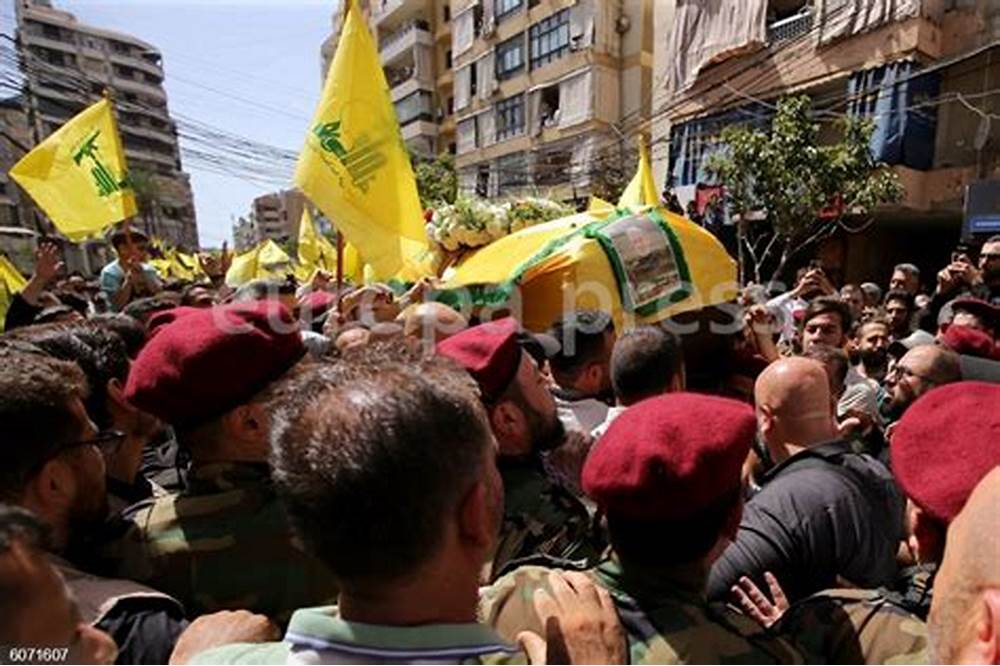
Hezbollah supporters at funeral of Ibrahim Aqil
Several thousand Hezbollah supporters jammed the streets of Beirut’s southern suburbs Sunday for the funeral of Ibrahim Aqil, a senior military commander killed in the Friday strike. Organizers struggled to find space for the mourners, some of whom turned out earlier in the day for the funeral of five of the civilians killed in the strike.
Hezbollah’s deputy secretary-general Naim Qassem spoke at the funeral, saying the group had entered a new phase in its confrontation with Israel and was prepared for escalation. “Threats will not stop us and we don’t fear the most dangerous possibilities. We are ready to face all the military possibilities,” he said. “We don’t need to make threats and we won’t define the type of response to the aggression.”
Qassem said Hezbollah would keep fighting until the war in Gaza ends, cautioning that no Israeli military solution would allow residents to return to the north, to occasional cheers from the crowd of “death to Israel” and “death to America.”
An elderly man who gave his name as Mohammed said he participated in the hours long funeral march to pay respect to the slain Hezbollah fighters. Asked where he thought the confrontation with Israel was headed after the past week of escalatory strikes, he replied: “To victory.”
Nicholas Blanford, a senior fellow at the Atlantic Council’s Middle East Programs, said Israel has pushed Hezbollah into a corner in the hopes that the group either relents or takes the bait for all-out war. He predicted the militants wouldn’t back down.
“They want to show Israel that we are unbowed,” said Blanford, who wrote a book about Hezbollah. “You may be able to find our top commanders, you may be able to pick us off one by one, but we are far stronger than one individual commander and we will keep up the support front until the war in Gaza comes to an end.”
Israel’s home front is readying itself for a more intense fight. On Sunday, Israel’s Health Ministry directed hospitals in the country’s north to operate from protected areas, as the national blood-bank administrator made a public call for donations.
Some hospitals, like Haifa’s Rambam Health Care Campus, built full-on underground facilities in preparation for a war, following the intensity of strikes in their vicinity during Israel and Hezbollah’s 2006 war.
The hospital began transferring patients underground Sunday, its director said.
The Israeli military on Sunday morning ordered civilians across most of northern Israel to stay near a protected shelter, in one of its broadest and most restrictive directives in months. It also ordered the region’s schools closed.
Lina Khatib, an associate fellow at Chatham House, an international-affairs institute in London, said that for now, Israel is likely to increase pressure on Hezbollah, while Hezbollah will keep conducting limited attacks on Israel to avoid appearing to concede defeat.
“If Hezbollah finds itself facing an existential threat that it cannot overcome militarily, it will create a face-saving narrative to excuse halting its attacks on northern Israel,” said Khatib. “An Israeli ground invasion would be a gift for Hezbollah.”